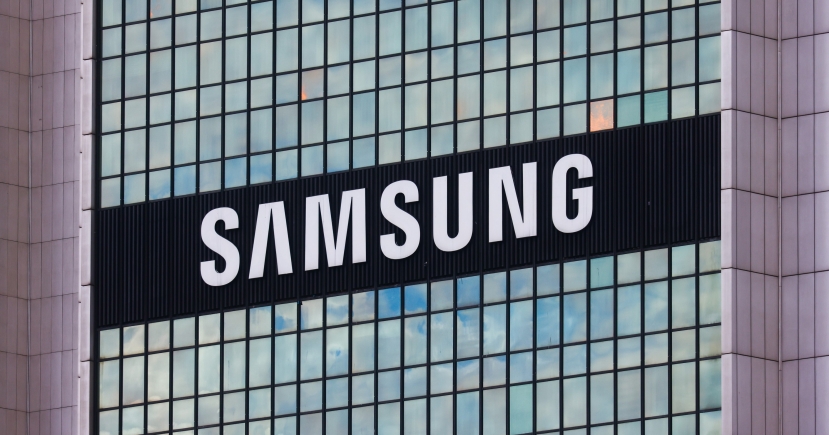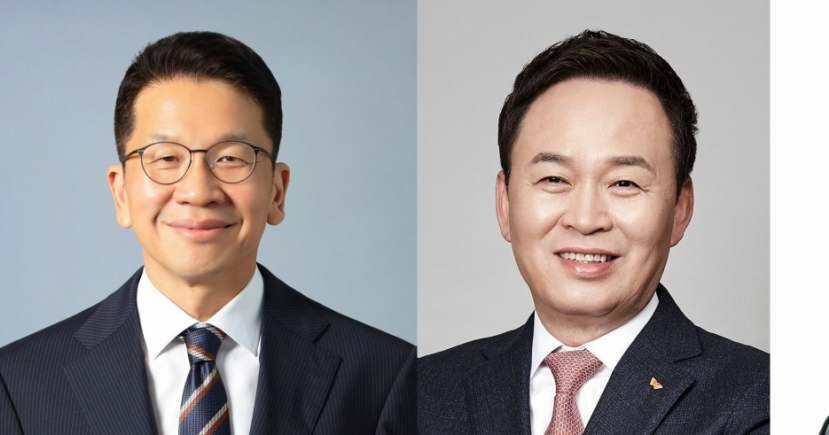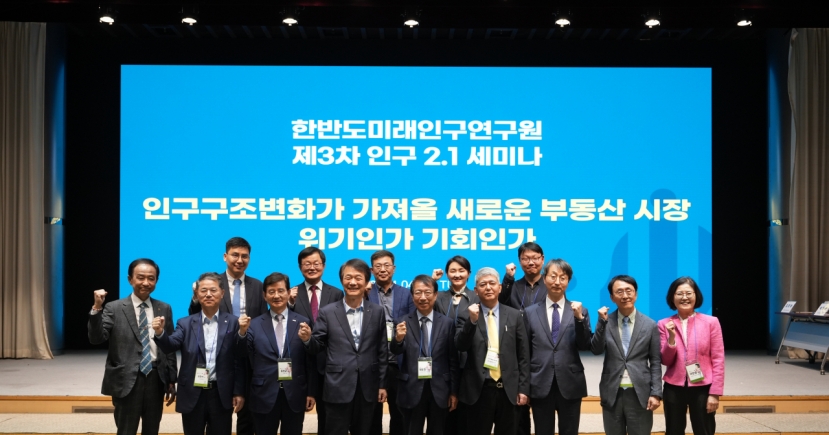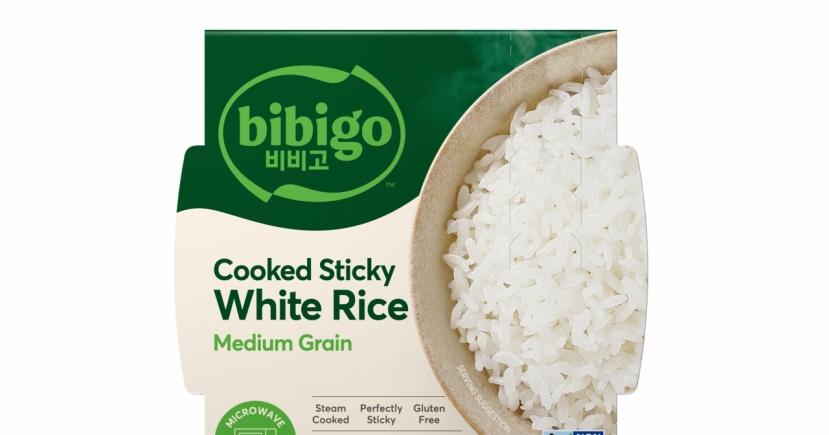Market Now
South Korea excluded from MSCI World Index again
 |
An electronic board at Hana Bank in Seoul shows the Kospi index reaching 3,265.28, up 0.76 percent, from the previous session‘s close, during trading on Tuesday morning. (Yonhap) |
South Korea’s entry to the Morgan Stanley Capital Investment World Index fell through again, casting a cloud over its market ambition to gain global status and further expansion, reports said on June 22.
US finance firm MSCI decided to stay put with Korea’s listing as an emerging market in its regular meeting held on June 10. Asia’s fourth-largest economy has kept its position in the MSCI EM Index since 2014, as it has failed to overcome certain hurdles.
Although Korea ranked No. 8 in terms of stock market capitalization, the MSCI pointed out several shortcomings that deterred the global index provider from upgrading Korea’s status. They include the absence of offshore trading of the won, a lack of market information written in English, the complexity of identification-related regulations for foreign investors and restrictions on short selling.
Being promoted to the developed market index, which covers large and mid-cap equity performance across 23 developed nations, is said to be advantageous for attracting massive amounts of foreign capital. The list is widely used by fund managers to decide which countries to invest in as part of their portfolio. It can also help mitigate the “Korea discount” and boost the stock market while reducing volatility, some experts have suggested.
A Korea Economic Research Institute report released last month said Kospi could reach 4,035 points with an inflow of foreign investments, amounting to up to 61.1 trillion won ($54 billion), if Korea is bumped up into the MSCI World Index.
In the same month, KERI’s umbrella unit, the Federation of Korean Industries, also sent a statement to the MSCI providing reasons why Korea should be included in the developed market index this year, reflecting the fast-growing local stock market.
It refuted the index provider’s previous claims and touted the Korean economy’s fundamentals, capacity to utilize alternatives to offshore foreign exchange markets, foreign investors’ improved market accessibility and increased availability of stock market information.
The statement further read that Korea needs to be assessed on an “equal footing” with other developed markets such as Japan, which is categorized as a developed market.
“MSCI said that both Korea and Japan are not doing well enough in providing market information to foreign investors, but (the continuous exclusion) seems to be applied only to Korea,” the report reads.
As the goal of opening up a 4,000-point era on the Kospi seems to be more elusive after the MSCI’s announcement, an FKI official told The Korea Herald that Korea’s exclusion was “truly unfair.”
The official claimed that Korea has the potential to make a one-step jump to the developed market index and urged financial authorities to take a more proactive role.
The Ministry of Economy and Finance, Financial Services Commission and Korea Exchange are key institutions linked to the MSCI index inclusion.
Since 2015, financial authorities have pushed the KRX to be included in the index.
The FSC has tried to show its efforts to improve regulations but official talks with MSCI have not been held yet, an official said. The KRX, for its part, said it seems inappropriate to dwell on arguments over market size, as the MSCI said size had nothing to with its decision. The Finance Ministry is also not in discussions as to whether to open offshore forex markets that allow trading of the won and dollar, an official said.
While Korea has made partial progress in its shortcomings, the core issue now lies in the offshore forex markets, according to the Korea Capital Market Institute’s senior research fellow Lee Hyo-seob.
“It is understandable why the authorities hesitate to open offshore forex markets widely. However, to make Korea a truly advanced country and to lure foreign investors’ bond purchases, step-by-step efforts to make the Korean won an international currency are necessary.”
Meanwhile, Seoul stocks rebounded slightly, stemming from investors‘ hopes of gradual tapering. The Kospi gained 0.71 percent to close at 3,263.88 on June 22, backed by foreign investors’ return, while the tech-heavy Kosdaq slightly rose by 0.06 percent to 1,011.56 by retail investors’ buying.
By Jie Ye-eun (yeeun@heraldcorp.com)




![[Exclusive] Korean military set to ban iPhones over 'security' concerns](http://res.heraldm.com/phpwas/restmb_idxmake.php?idx=151&simg=/content/image/2024/04/23/20240423050599_0.jpg)



